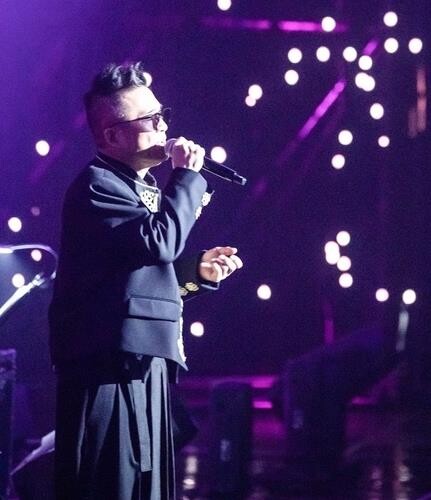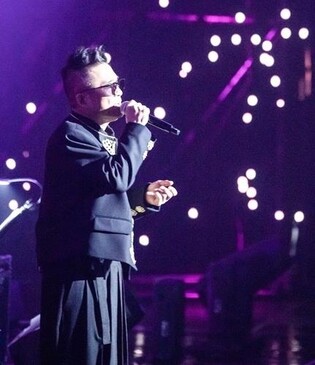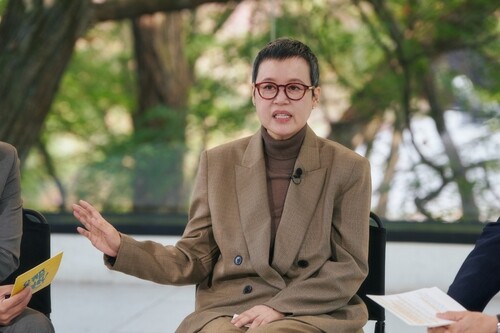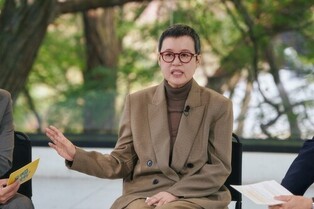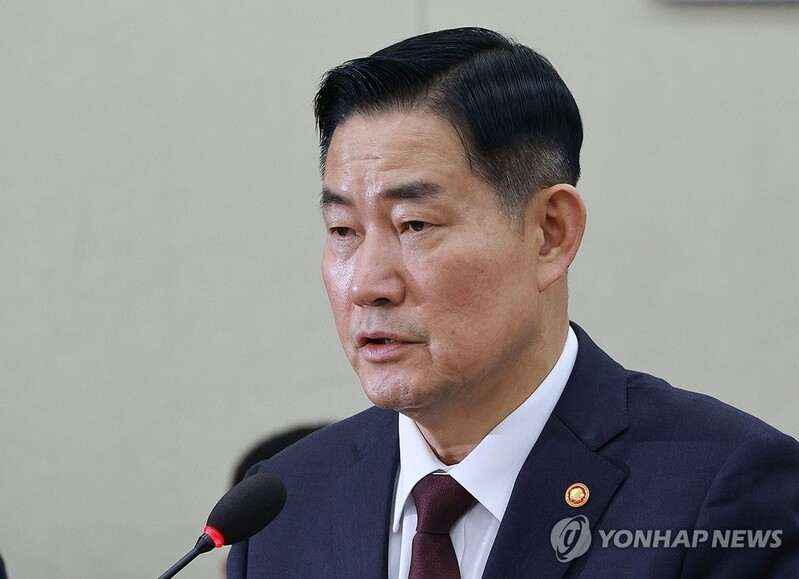 |
| ▲ This file photo, taken Nov. 23, 2023, shows Defense Minister Shin Won-sik at the National Assembly in western Seoul. (Yonhap) |
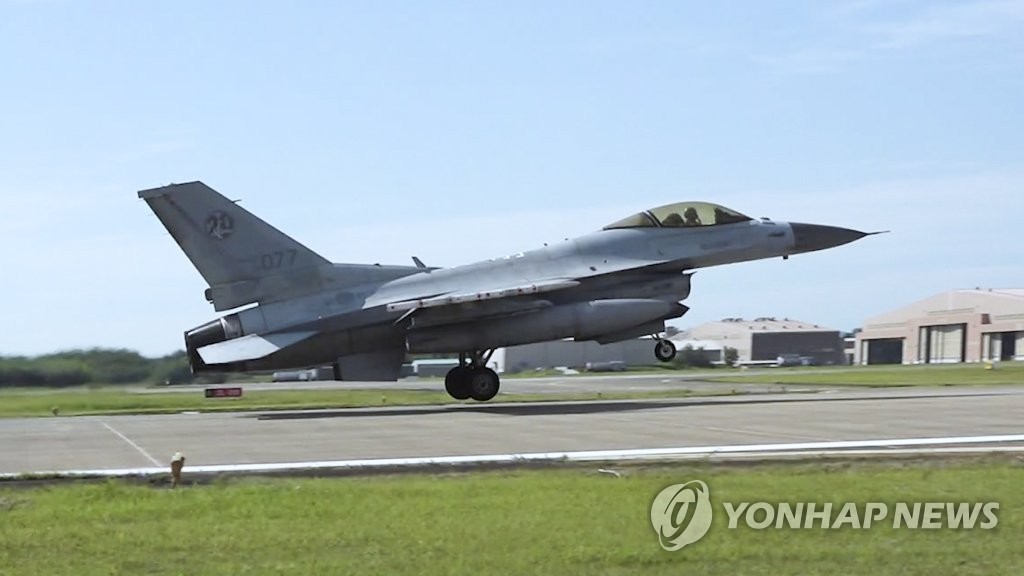 |
| ▲ This unrelated file photo, provided by the Air Force on Aug. 24, 2022, shows a South Korean KF-16 fighter jet taking off from an air base in Seosan, 98 kilometers southwest of Seoul. (PHOTO NOT FOR SALE) (Yonhap) |
(LEAD) defense chief-NK reactor
(LEAD) Defense chief says N. Korea's light-water reactor likely to be in full operation next summer
(ATTN: ADDS more remarks in para 12; RECASTS paras 20-21)
By Chae Yun-hwan
SEOUL, Dec. 29 (Yonhap) -- North Korea's experimental light-water nuclear reactor is expected to be in full-fledged operation next summer, South Korea's defense chief has said, although it is unlikely to be used to produce plutonium for nuclear weapons.
Defense Minister Shin Won-sik made the remark to reporters Thursday after International Atomic Energy Agency (IAEA) Director General Rafael Grossi renewed concerns last week over signs of activity at the reactor in the North's main Yongbyon nuclear complex.
Grossi said his agency had detected signs of the North commissioning the reactor, such as the strong outflow of water from its cooling system since mid-October, noting the experimental reactor can produce plutonium, a key nuclear weapon fuel, like any other nuclear reactor.
Shin said Seoul has detected signs of cooling water being discharged from the reactor since last summer, estimating that it would likely take the North about a year since then to put the reactor in full operation.
"(The reactor) is currently on a test run for improvements to its equipment and facilities," he said. "It is expected to be in normal operation by next summer."
The North started building the experimental reactor more than a decade ago, which is known to have a bigger capacity than the 5-megawatt reactor at Yongbyon that the regime has used to produce plutonium.
The U.N. Security Council has passed several resolutions sanctioning North Korea for developing nuclear weapons and related activities.
Shin, however, expressed doubt over the reactor possibly being used to produce plutonium, noting that light-water reactors are generally used for electricity generation.
"The North could be test-running it to power the Yongbyon area," he said. "If it is for military purposes, the North has tried to make a tactical nuclear (powered) submarine and light-water reactors can be used for tests to develop a small reactor."
He also said it could be used to produce tritium, an ingredient for hydrogen bombs.
A nuclear-powered submarine is one of the five key defense projects the North set forth to develop at a key party meeting in 2021.
The minister said no other country in the world has used a light-water reactor to produce plutonium and make nuclear weapons, but still vowed to keep close tabs on the North possibly utilizing the reactor to do so.
Shin also said the military has decided to respond to increasing Chinese military aircraft entry into its air defense identification zone (ADIZ) without notice by sending its aircraft into China's ADIZ as a corresponding measure.
He noted that Chinese aircraft entered South Korea's ADIZ 133 times this year, compared to an average of some 60 times a year in recent years.
"We had previously only made defensive measures, such as warning the aircraft that enter (the ADIZ)," he said. "Since a few months earlier, our aircraft now enter the Chinese ADIZ at the same distance (as they do)."
An ADIZ is not territorial airspace but is delineated to call on foreign planes to identify themselves so as to prevent accidental clashes.
Shin said that South Korean aircraft notify the Chinese side before their entry in accordance with international norms, unlike the entries made by the Chinese.
"We have continued to raise the issue with the Chinese side," he said. "It is an international norm to notify the aircraft entry and no other country violates this, except China and Russia."
Regarding ongoing arms trade between Pyongyang and Moscow, Shin said military authorities have detected signs of the North having shipped about 5,000 containers worth of military equipment or munitions to Russia.
The minister said the volume would amount to over 2 million rounds in 152mm artillery shells or over 400,000 rounds in 122mm rockets.
In November, South Korea's military estimated about 2,000 containers had been shipped from North Korea to Russia amid growing signs of military cooperation after the North's leader Kim Jong-un met Russian President Vladimir Putin for a summit in September.
Shin also said the North is expected to carry out "strategic provocations" in the new year to possibly influence the U.S. presidential election in November, adding that there are signs of activity for launches of solid-fuel intercontinental and intermediate-range ballistic missiles.
The North last fired its Hwasong-18 solid-fuel intercontinental ballistic missile on Dec. 18.
On the South Korean military's efforts to develop new high-precision and high-power missiles, Shin said it has successfully conducted tests for the missiles, adding that they will be deployed as planned.
As part of the program, the military is developing a new missile called the Hyunmoo-5, which is known to be able to carry a warhead weighing 8-9 tons.
(END)
(C) Yonhap News Agency. All Rights Reserved




















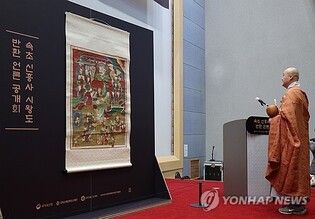


![[가요소식] 조항조, 새 싱글](/news/data/20251116/yna1065624915927473_582_h2.jpg)

